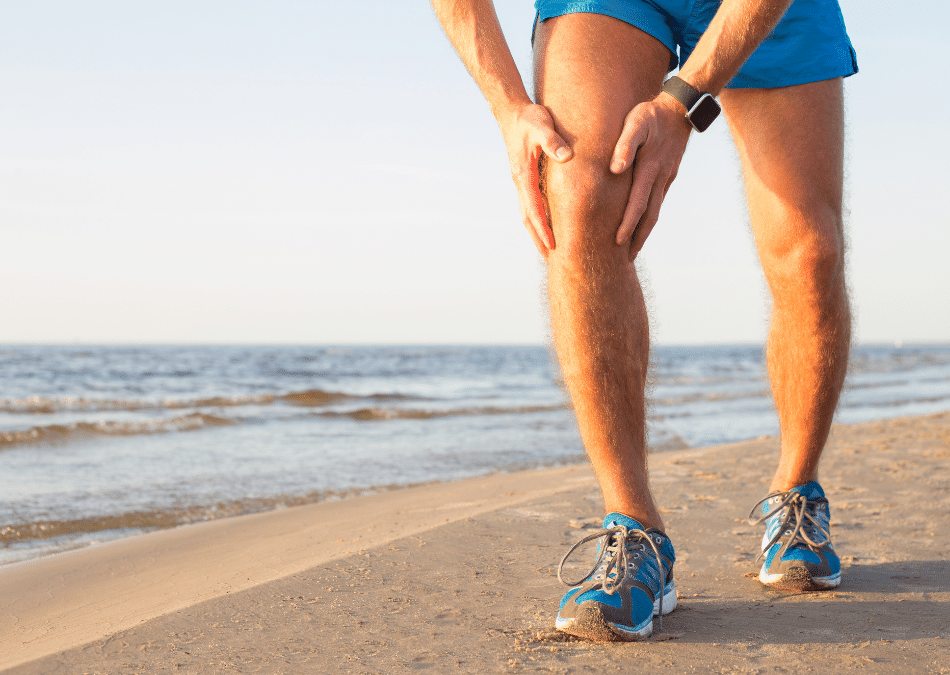A single injection of PRP in the knee joint can significantly improve functional mobility, pain and quality of life after six weeks. At Regenerative Medicine & Rehabilitation of Hawaii, we know this to be true based on our patient outcomes and a recent study by Baylor College of Medicine agrees.
This is good validation for millions who suffer from painful knee conditions. In fact, osteoarthritis is a leading cause of disabilities and affects nearly 52 million Americans. It has been estimated that more than 80% of individuals older than 55 years have some X-ray-based evidence of the disease. The knee condition develops when the smooth cushion between bones, the cartilage, breaks down. Progressively, joints become painful, swollen and hard to move.
One challenge of previous studies assessing PRP therapies in OA is that treatment evaluation is based on patient-reported outcomes that subjectively assess pain or aspects of joint function, such as the time up-and-go or how quick a person gets up from a chair.
In this study, Baylor incorporated wearable technology to objectively assess functional outcomes such as TUG, in addition to patient-reported outcomes to comprehensively evaluate the efficacy of PRP in knee osteoarthritis. The prospective pilot included 12 patients with the diagnosis in which each received one ultrasound-guided injection of PRP and function and pain were evaluate six weeks later.
PRP is prepared from the patient’s own blood by removing red blood cells from the patient’s body and concentrating the platelets. PRP also contains white blood cells, or leukocytes.
Dr. Prathap Jayaram, director of regenerative sports medicine and assistant professor in the Department of Physical Medicine and Rehabilitation and Orthopedic Surgery at Baylor had this to say in the August 2021 report of findings: “In the current study, we found that a single injection of LR-PRP into the knee does significantly improve functional mobility, pain and quality of life at six weeks,” according to the research team. “To our knowledge, our study is the first to report the efficacy of LR-PRP on objective functional outcomes using wearable sensor technology and validated patient-reported outcomes. Our findings provide the basis to conduct larger randomized clinical trials of PRP.”
Baylor College of Medicine researchers studied the efficacy of platelet-rich plasma (PRP) treatment in osteoarthritis (OA) and published the results here.
The research was funded by the National Heart, Lung and Blood Institute, the National Institute on Aging, the HAE AHM Sea Rock Foundation and the Charlotte and Jamil Azzam Foundation. Further support was provided by NIH grants.

